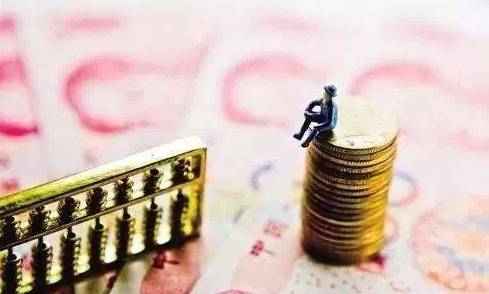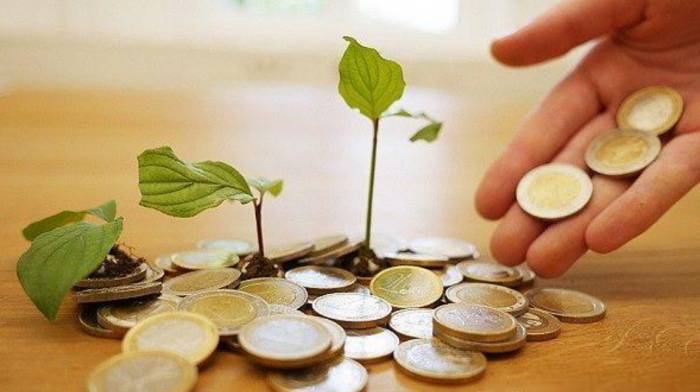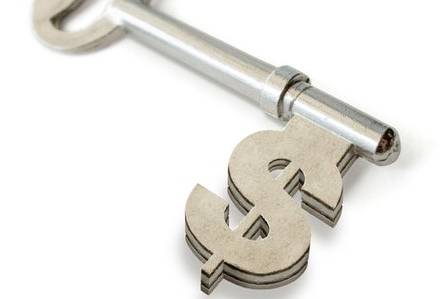A friend left a message, mentioning that they recently met up with some old classmates and noticed that even though they work in the same city, there is a significant difference in everyone's income.
What factors influence the value of our human capital? How can we improve our ability to earn money?
There are three main factors that have a significant impact on the value of our human capital:
(1) The first is the earning power of the industry.The more profitable an industry is, the higher the average wage in that industry tends to be.
Conversely, if an industry is not profitable, the average wage in that industry will also be lower.
Industries also evolve; some industries have an industry bonus during their early development phase, resulting in higher incomes for practitioners;
As the industry matures and profit growth slows down, the income of practitioners will also slow down.
(2) The second factor is the substitutability of the job position.
Generally speaking,
• The higher the substitutability of the job position, the slower the income growth rate;The more irreplaceable one is in their position, the faster their income growth rate tends to be.
In reality, many positions that involve repetitive labor are relatively easy to replace.
For instance, consider jobs in the banking sector.
Years ago, when we went to a bank to open a bank card, we had to go to the counter, manually fill out some forms, and spend a few minutes with the staff to get a bank card issued for us.
However, nowadays, most bank branches have self-service ATMs, where we can complete the process of opening a card by ourselves.
We might also reflect on whether the positions we currently hold are easily replaceable, and whether we possess any core competencies.If one's core competitiveness is average, it is necessary to find ways to improve and invest in oneself, which may then potentially increase the rate of income growth.
Buffett has also said: "The best investment during high inflation is to invest in yourself."
(3) The third is education.
Education can very significantly enhance the value of human capital.
Professor Gary Becker, the 1992 Nobel laureate in Economic Sciences, was the first scholar to regard human resources as an asset.He has a very important theory, "The return on investment in education is enormous, and it is well worth investing time and money to improve one's level of education."
Data shows:
- The average annual return rate of the U.S. stock market is around 10%. After adjusting for inflation, it is approximately 6.8% per year;
- Investing in a bachelor's degree has an average annual return rate of about 18%, and after accounting for inflation, the return rate reaches 15%;
- If one has a degree from a prestigious institution or a higher degree, the return on investment can be even more impressive.
The same is true domestically.
Overall, the higher the level of education one has, the higher the average income; the better the school, the higher the average income.Certainly, individual differences among some graduates cannot be ruled out, but on average, this logic holds true.
Moreover, it's not just the education during school that is valuable; post-graduation education also has merit. For instance, various certifications common in the financial industry can also enhance future earnings.
So, how can we improve our ability to make money?
Here are three little tips to share with everyone:
1. Continue to invest in education.When attending university, you can start working towards obtaining various necessary certifications, such as:
- If you want to enter the financial industry, then related professional, accounting, and financial analyst certifications can be a plus;
- If you want to work in a foreign enterprise, then language certifications can also be a plus;
- Learning and mastering some workplace skills, such as Word, Excel, PowerPoint, programming, etc., can also help enhance your competitiveness in the job market.
Even after starting work, continuing to learn and obtaining higher degrees and more certifications can also increase income.
Many organizations will reimburse the costs of training and registration fees if employees are willing to obtain relevant certifications. With these certifications, it becomes easier to be promoted in professional titles. With the same length of service, the income may be higher, and the value of human capital is thus reflected.Many friends also wonder, with work during the day, where can they find time to study?
The gap between people is created in the four hours after work. Time is like water in a sponge; if you squeeze it, there will always be some.
There are some small tips that can also help us save a lot of time.
For example, don't live in the suburbs, but live near the company to save some commuting time, which can be used to improve oneself.
Money should be spent where it's most needed, and time should also be used where it's most needed.
II. Choose the right track and work hardFor college students and young professionals, diligently studying and working is the best way to increase their assets, rather than relying on investments.
For young people who have just started working, it is not difficult to see a significant increase in salary after working hard for a few years.
However, if one wants to triple their assets in just a few years solely through investments, no one can guarantee that it can be achieved.
Even if a bull market comes along and yields are good, due to the small total amount of assets one has, it actually won't solve too many problems.
Nevertheless, there is a saying that goes, "Choice is more important than effort." If we choose the wrong path from the start, even if we work very hard, we may not achieve much in the end.What makes a good racetrack?
Buffett mentioned: "A long hill and thick snow":
• "A long hill" refers to a large market space and a high ceiling in this field;
• "Thick snow" means that this field can accumulate compound interest.
III. Read more books and learn more
Another great way to increase the value of human capital is to read more books.There was a previous statistic that indicated people with lower incomes tend to watch more TV and use their phones more, while those with higher incomes are more inclined to read books.
The "2018 National Time Use Survey Bulletin" published by the National Bureau of Statistics shows that:
- Residents with lower incomes spend more time watching TV, with the low-income group watching TV for 1 hour and 50 minutes per day;
- Residents with higher incomes spend more time reading newspapers and periodicals, with the high-income group reading for 20 minutes;
- 21% of the high-income group engages in reading activities, compared to only 6.6% of the low-income group.
Before the age of 20, we need to put in a lot of effort to study and obtain a good educational background. Once we truly enter the workforce, we should not stop learning, read more, and with each book we read, we increase the value of our human capital.
However, reading is a relatively painful process and it is not easy to persist in it.How can one establish a habit of reading?
You can set a target that is achievable from the start, such as reading 10 pages of a book every day.
Setting an initial goal that is easy to achieve helps in maintaining the habit in the long run. Later, you can gradually increase the number of pages based on your situation. Over time, you will have read a significant number of books.
In the short term, you may not see its benefits to human capital, but with persistence, the effects will be very good.
People with a habit of lifelong learning will continue to learn and progress, and the value of human capital will also continuously increase.If one ceases to learn after graduation and only engages in simple, repetitive labor, it is likely that their income will not increase rapidly.





























